The Hamilton Manometer was invented by Dr William Hamilton at Medical College of Georgia
In 1945, Dr. William Hamilton of the Medical College of Georgia invented the Hamilton Manometer to measure blood…

In 1945, Dr. William Hamilton of the Medical College of Georgia invented the Hamilton Manometer to measure blood…

In 1945, Cheplin Laboratories was renamed Bristol Laboratories and Frederic N. Schwartz was put in charge. Bristol-Myers bought…

In 1945, the University of Alabama’s Medical College moved from moved from Tuscaloosa to Birmingham. The University of…

In 1945, The University of Oregon Dental School opened its doors. The School of Dentistry shared the mission…

In 1945, the Federation of American Scientists (FAS) was founded by scientists who had worked on the Manhattan…

In 1945, Alcon was founded in Fort Worth by pharmacists Robert Alexander and William Conner. The company was…
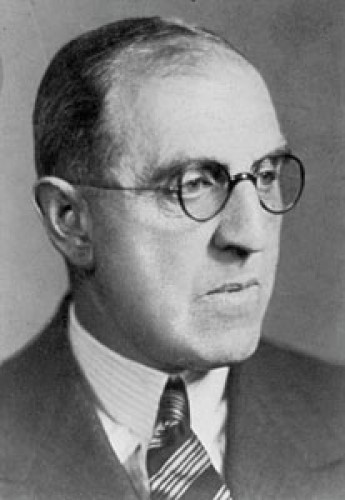
In 1945, the American Chemical Society awarded the Priestley Medal to Ian Heilbron, “to recognize distinguished services to…
In 1945, the American Society for the Control of Cancer renamed American Cancer Society.

On Nov. 17, 1944, President Franklin Delano Roosevelt wrote a letter to to Vannevar Bush, head of the…
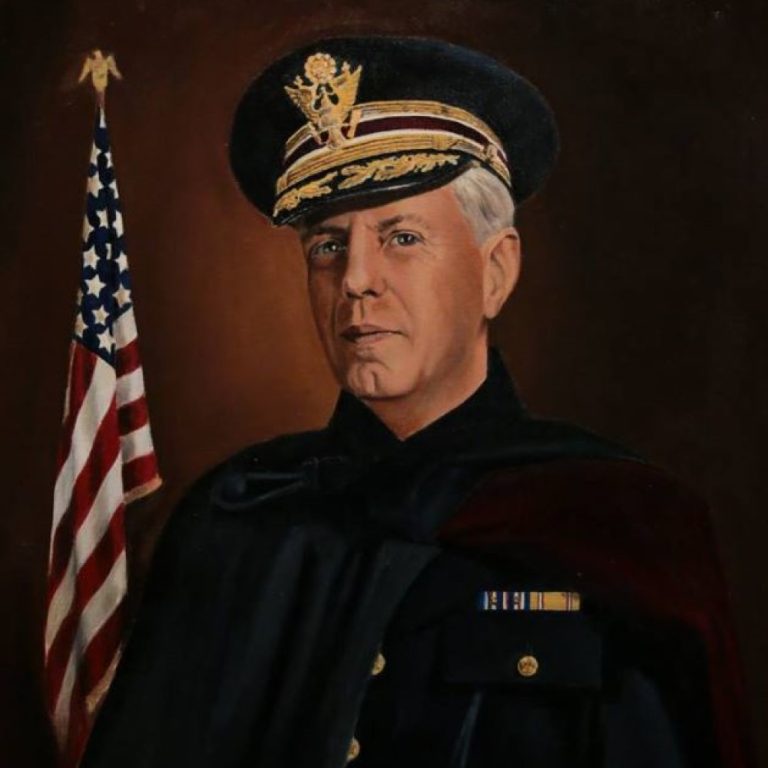
On Sept. 22, 1944, the War Department General Order Number 76 officially redesignated Fort Lewis General Hospital as…

In 1944, the the American Chemical Society awarded the Priestley Medal to James B. Conant “to recognize distinguished…
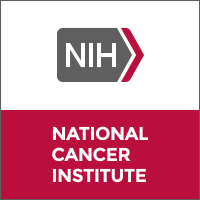
On Jul. 1, 1944, the Public Health Service Act, P.L. 410, 78th Congress, provided that “The National Cancer…
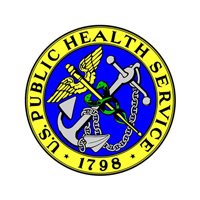
On Jul. 1, 1944, the Public Health Service Act was codified and established the quarantine authority of the…

On Jun. 17, 1944, the Midwest Research Institute, now known as MRI Global, was incorporated. Today, MRIGlobal is…
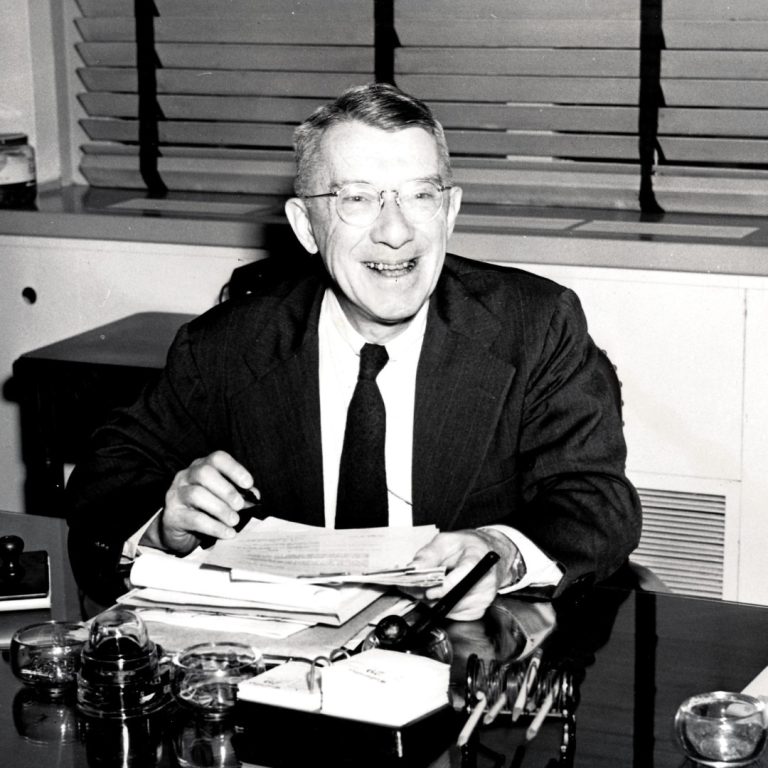
On May. 1, 1944, Paul B. Dunbar, Ph.D., becomes Commissioner of Food and Drugs. His tenure as commissioner…

In 1944, the use of dried plasma became vital to treating wounded solders in World War II.

In 1944, the use of cell cultures for virus growth was discovered. This allowed viruses to be cultured…

In 1944, Joseph Erlanger, native of San Francisco and graduate of the University of California (B.Sc.), was awarded…
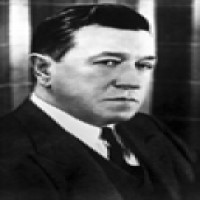
In 1944, Robert Woodruff who succeeded Asa Candler as president of The Coca-Cola Company, offered to underwrite the…
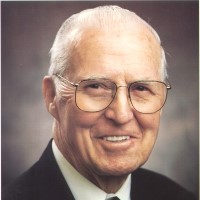
In 1944, Norman Borlaug participated in the Rockefeller Foundation’s pioneering technical assistance program in Mexico, where he was…
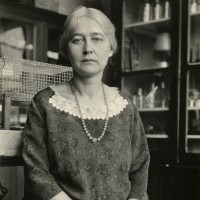
In 1944, the first protein separation using electrophoresis is performed by Dr. Maud Menten, one of the first…
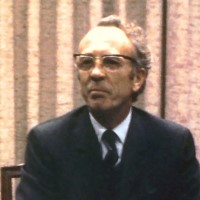
In 1944, Canadian Premier Tommy Douglas, seeing the high cancer death rate in Saskatchewan, implemented free cancer treatment…
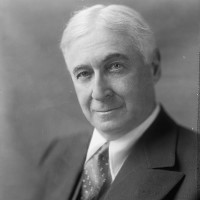
In 1944, the Baruch Center of Physical Medicine at the Medical College of Virginia was organized with a…

In 1944, Johnsonᅠ &ᅠ Johnson went public with a listing on the New York Stock Exchange.
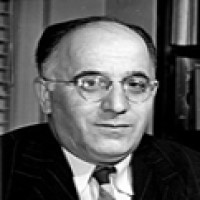
In 1944, Dr. Philip Levine, the discoverer of the human rH factor, joins Ortho Research Laboratories, creating the…

In 1944, Hans Asperger, a Viennese pediatrician, described ‘autistic psychopathy.’ Decades later, his name will become a diagnosis:…
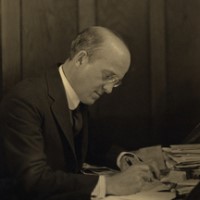
In 1944, DNA was found by Oswald T. Avery, Colin MacLeod, and Maclyn McCarty to be the basic…
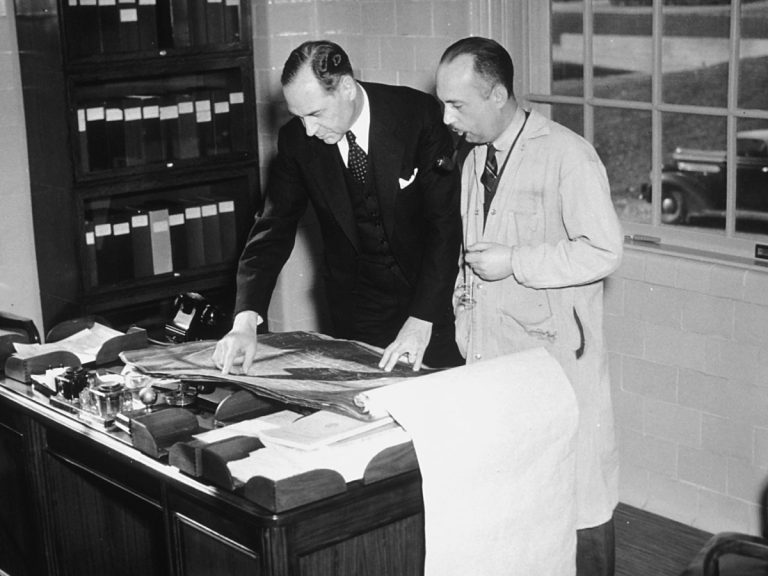
On Sept. 4, 1943, Dr. Carl Voegtlin resigned as director of the National Cancer Institute (NCI). Dr. Voegtlin…
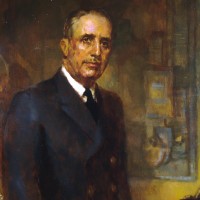
On Aug. 1, 1943, Roscoe Roy Spencer became the second director of the National Cancer Institute, when Voegtlin…

On Apr. 16, 1943, Albert Hofmann tested synthesized lysergic acid diethylamide (LSD) on himself. LSD-25, as originally known…